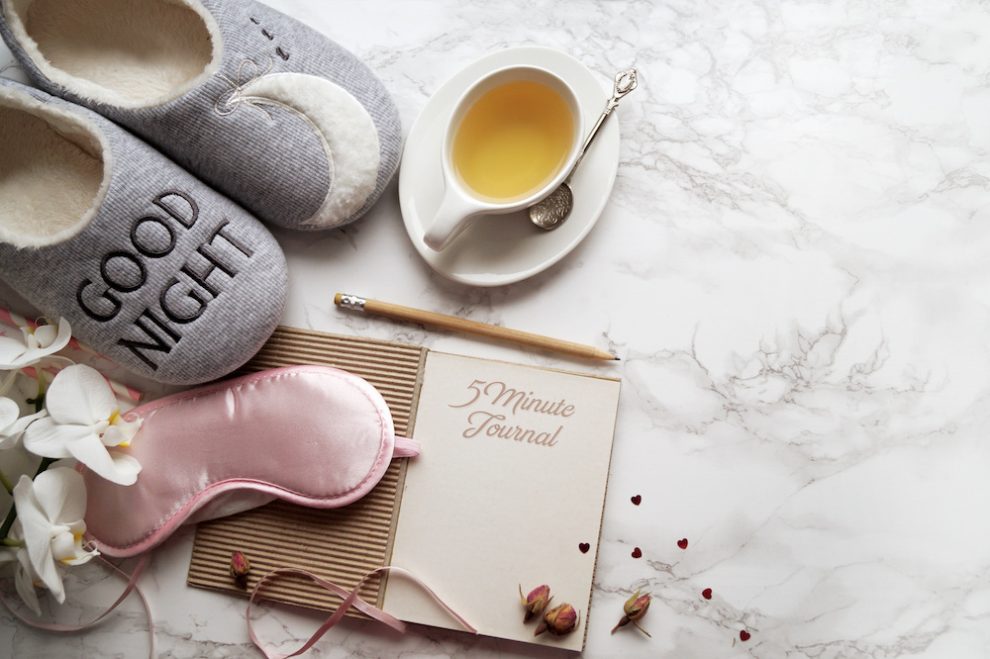Sleep deprivation can have a huge impact on our health and well being. Clinical Psychologist, Life Coach and Yoga Teacher, Dr Lauren Tober, takes a look at the power of sleep and the impact sleep deprivation has on our lives.
Sleep, we know we all need, but how do you know you are getting enough?
Research has shown that when we don’t get enough sleep, our immune functioning can be compromised, affecting our ability to fight off illness and resulting in slower recovery time, and increasing our risk of developing neurological disorders, cardiovascular disease, type 2 diabetes and cancer.
But it’s not just our physical health that’s affected by sleep. It’s important for our emotional well being too.
One study showed that individuals under stress who were getting adequate sleep had stronger connections between the amygdala, the emotional centre of the brain and the medial prefrontal cortex, the part of the brain that keeps emotions and behaviours in check. However in individuals who were sleep deprived, the connections between the amygdala and the medial prefrontal cortex were weaker, and there were stronger connectivity between the amygdala and the autonomic brain stem regions, the most primitive part of the brain.
READ MORE GREAT ARTICLES : The Best Things to Eat/See/Do in Melbourne Right Now
These results suggest what I commonly see in my work as a Clinical Psychologist, that individuals who are sleep deprived, have stronger emotional responses to stress and are less likely to make good decisions than those who regularly have a good night’s sleep.
At the Centre for Mind Body Wellness, I see over and over again how important sleep is for our mental health. I ask almost every client of mine in their first session about the quality and duration of their sleep, and the majority of people tell me that they’re not getting enough.
For some people they’re lacking sleep because they’re not prioritising it. Parents are staying up late to get a few quiet hours to themselves after their children are in bed, business owners are checking their emails on their phone until late at night and so many people are mindlessly getting sucked into the rabbit hole of scrolling through social media and multiple cliff-hanging episodes on Netflix. We’re craving our down time so much, that we’re getting it at night, when we really need to be sleeping.
For other people, however, sleep is elusive. They’re trying desperately to get more sleep, but are either (1) having difficulty getting to sleep at night, often lying awake tossing and turning, (2) waking in the middle of the night (often around 2am worrying about something from the day) and/or (3) waking up too early in the morning and are unable to get back to sleep.
If your struggle with getting enough sleep is due to the prioritisation of it, I suggest a sleep experiment. For the next week, prioritise an extra hour of sleep per night, even if it means giving up something you enjoy, and notice the effects on your mental health. This might give you the motivation to make sleep a priority on an ongoing basis.
I know myself when I get in an extra hour of sleep, I feel clear, calm and optimistic, and people often comment on how well I look. For extra points, make some time in the day to rest, so your body and mind are getting some well needed down time too.
If you’re having trouble getting to sleep or staying asleep, sleep hygiene is paramount. This is a term that Psychologists use to refer to cultivating optimal sleeping habits like establishing a calming bed time routine, keeping the bedroom clean and tidy, avoiding substances such as coffee, alcohol, nicotine and chocolate close to bedtime, ensuring the bedroom is a comfortable temperature, removing or turning off any devices or lights, get up at the same time every morning (even if you don’t get enough sleep the night before) and using your bedroom only for sex and sleeping (not for stressful conversations, work or lying awake ruminating).
One very important thing to remember is that rest is almost as nourishing as sleep, and that lying awake worrying about not sleeping, is not at all restful and is likely to keep you awake even longer.
So if you are lying awake and feel unable to sleep, try reminding yourself that rest is almost as nourishing as sleep, and all you need to do is to rest quietly and you’ll be fine in the morning. A great way to support you to do this is to gently focus on your breath, or to listen to a relaxation or sleep meditation practice.
I teach people all over the world to rest well. You can join me at Super Bloom Festival in Melbourne in April or practice with me in the comfort of your own bedroom by downloading one of my sleep or relaxation practices, or joining one of my online courses.
I believe that prioritising sleep and rest is one of the best things you can do for your mental health and happiness. It certainly can’t hurt to try!





















Add Comment